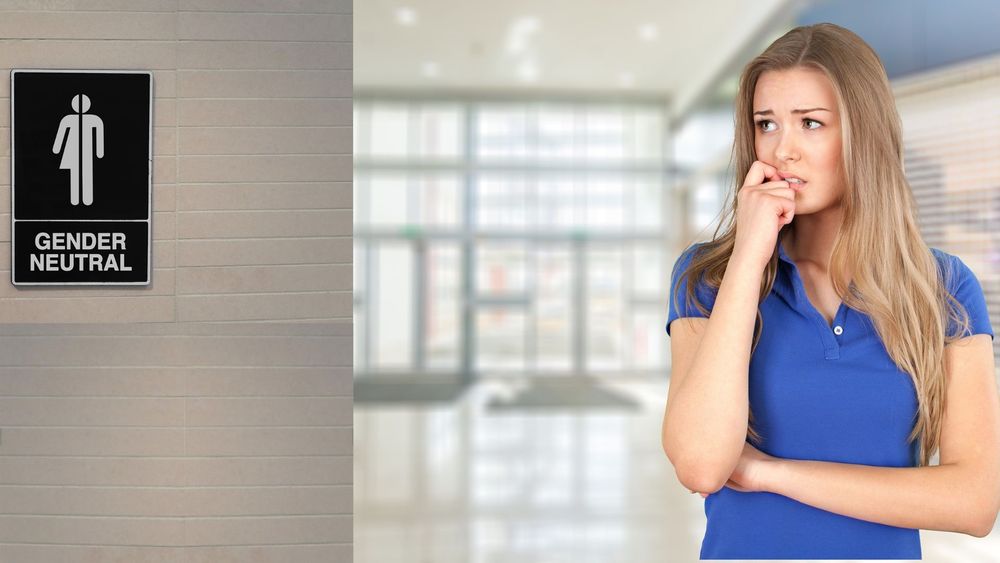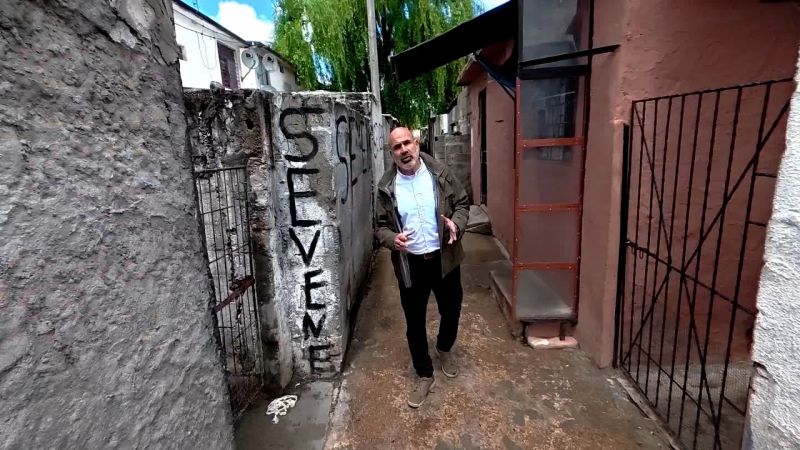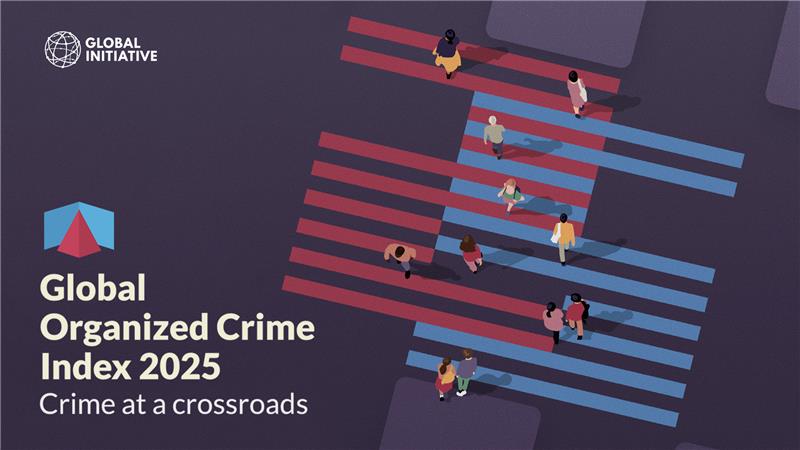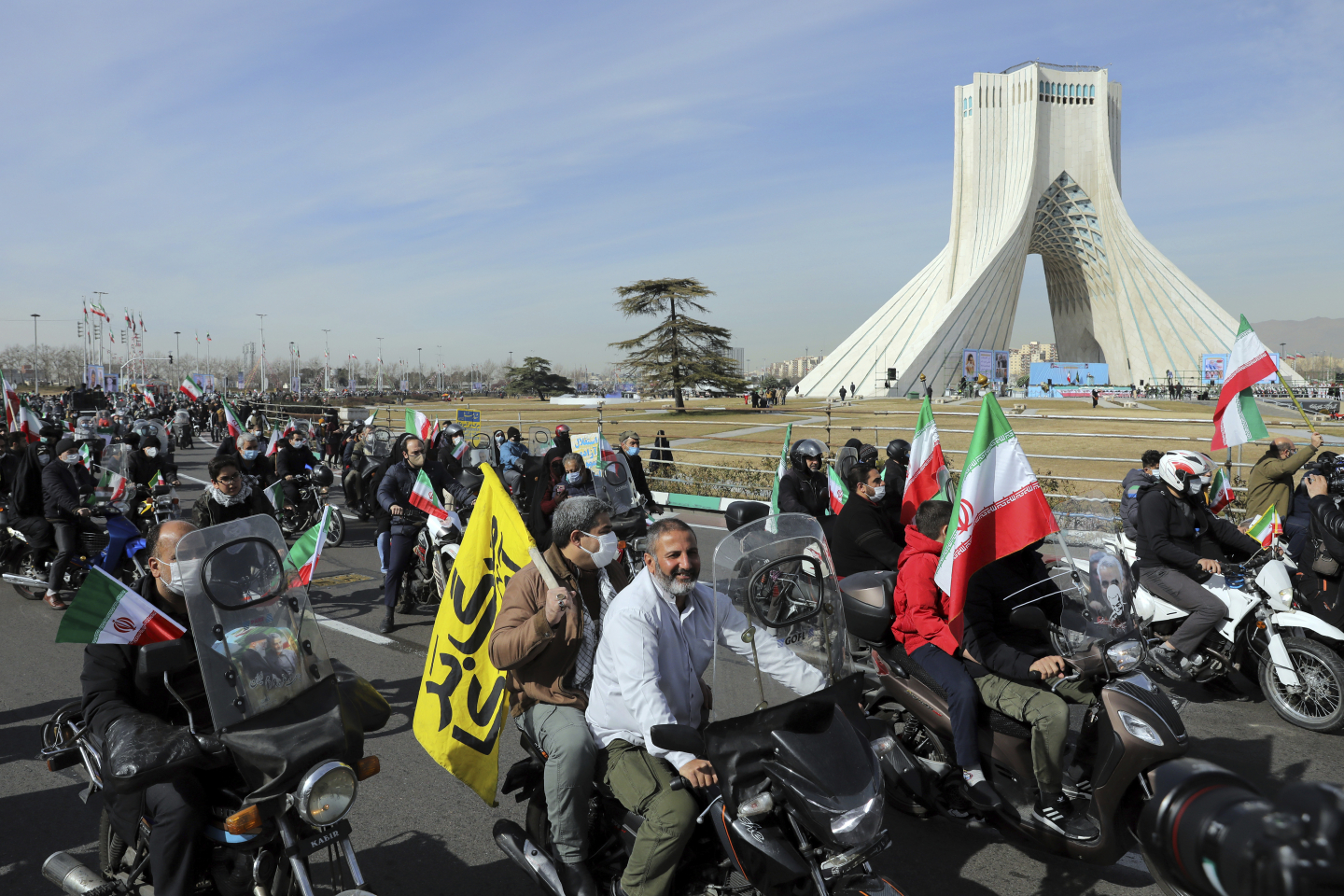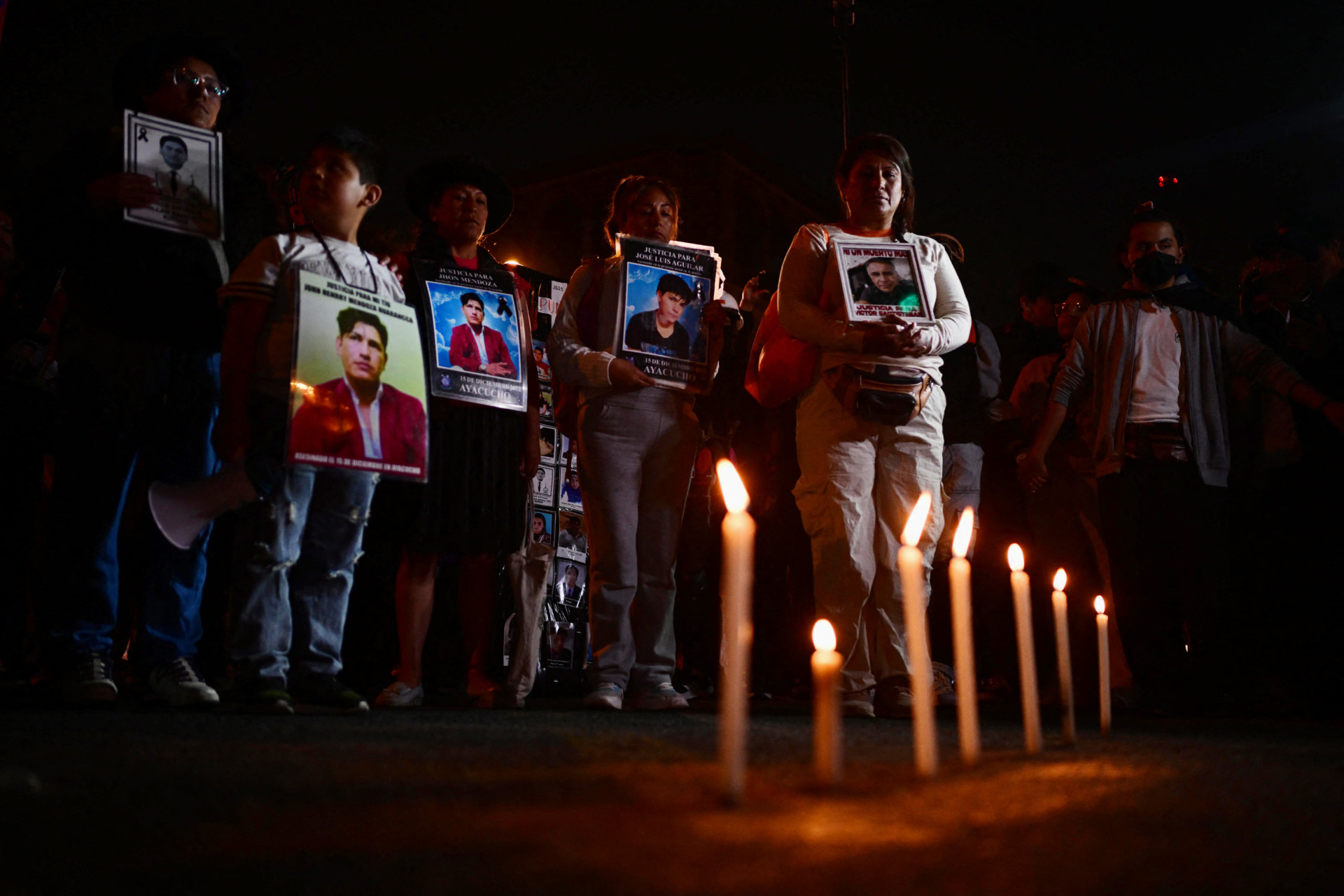EU/China: Joint NGO letter ahead of EU-China Summit – Amnesty International
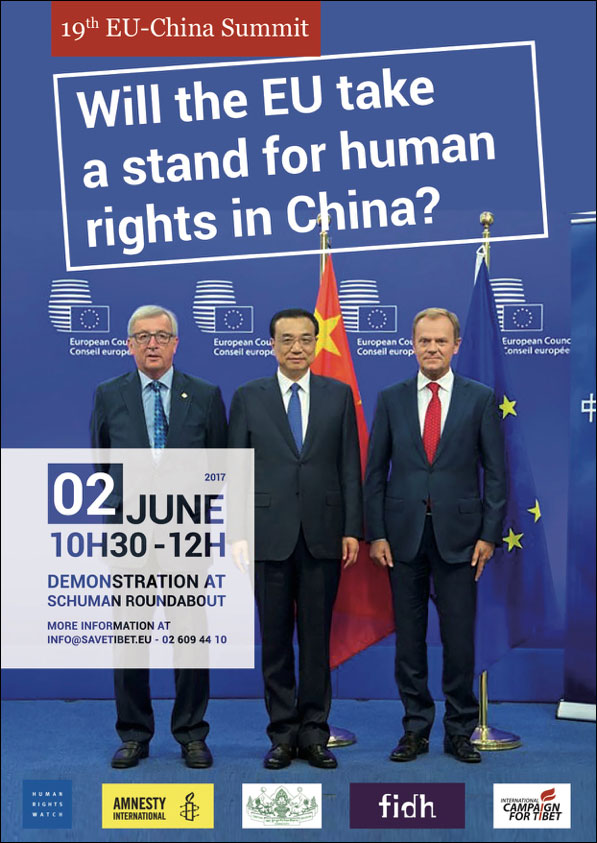
Report on Human Rights and the Sustainable Development Goals in EU-China Relations
Introduction: Aligning EU-China Relations with the 2030 Agenda
In advance of the EU-China Summit, a coalition of international human rights organizations has issued a call for the European Union to recalibrate its strategic approach to China, placing a significant emphasis on human rights as a cornerstone for achieving the Sustainable Development Goals (SDGs). Referencing European Commission President Ursula von der Leyen’s remarks on a “new China shock,” the organizations advocate for a similarly ambitious and resilient strategy concerning the deteriorating human rights situation in China. This approach necessitates moving beyond existing commitments to address systemic issues that directly contravene the principles of the 2030 Agenda for Sustainable Development.
Analysis of Human Rights Violations in China through the SDG Lens
The report details a widespread assault on human rights under President Xi Jinping’s administration, which undermines progress on several key SDGs. The Chinese government’s actions demonstrate a disregard for international human rights obligations and an effort to weaken global governance institutions, posing a direct challenge to the framework of the SDGs.
Violations Against SDG 16: Peace, Justice and Strong Institutions
The core of the concerns relates to the erosion of SDG 16, which seeks to promote peaceful and inclusive societies, provide access to justice for all, and build effective, accountable, and inclusive institutions. The following issues are highlighted:
- Systematic Arbitrary Detention and Torture: Widespread arbitrary detention, torture, and the use of “residential surveillance at a designated location” violate the fundamental right to liberty and security of person, undermining Target 16.3 on ensuring equal access to justice.
- Suppression of Civil Society: The detention of human rights defenders, lawyers, and activists, such as Xu Yan and Yu Wensheng, who were detained en route to meet EU officials, cripples the development of accountable institutions (Target 16.6) and silences key partners in achieving sustainable development.
- Erosion of the Rule of Law: The application of broad and vaguely defined laws, including the Hong Kong National Security Law and provisions against “subversion,” dismantles legal safeguards and contradicts the principles of justice and the rule of law.
Contradictions to SDG 8: Decent Work and Economic Growth
The report identifies severe violations related to SDG 8, particularly Target 8.7, which calls for immediate and effective measures to eradicate forced labour, end modern slavery, and human trafficking. The documented use of forced labour, especially in the Uyghur region, represents a grave breach of this goal, implicating global supply chains and demanding greater due diligence from international partners, including the EU.
Setbacks for SDG 10 and SDG 5: Reduced Inequalities and Gender Equality
Policies of forced assimilation and persecution of ethnic and religious minorities, including Uyghurs and Tibetans, directly oppose SDG 10 (Reduced Inequalities). These actions exacerbate marginalization and deny cultural and religious rights. Furthermore, the report notes concerns raised by the UN Committee on the Elimination of All Forms of Discrimination Against Women (CEDAW) and the use of sexual harassment and degrading language targeting women in transnational repression campaigns, which are significant setbacks for SDG 5 (Gender Equality).
The Global Impact: Transnational Repression and SDG 17
The Chinese government’s practice of transnational repression—including intimidation, surveillance, and threats against individuals in Europe and worldwide—undermines the spirit of global partnership and cooperation central to SDG 17 (Partnerships for the Goals). These actions create a climate of fear that extends beyond China’s borders, threatening the safety and freedom of individuals within EU member states and weakening the international cooperation required to address global challenges.
Recommendations for an SDG-Informed EU Strategy
The coalition of organizations urges the EU to adopt a robust strategy at the Summit to ensure justice and accountability, thereby reinforcing its commitment to the SDGs. The following public actions are recommended:
- Uphold SDG 16 through Accountability and Justice: The EU should publicly condemn the Chinese government’s crimes against humanity, echoing findings from the OHCHR and other UN bodies. It must reiterate that such crimes are subject to universal jurisdiction and support initiatives for accountability, such as the case brought before Argentina’s courts, to ensure perpetrators are brought to justice.
- Protect Human Rights Defenders as Key Actors for SDG 16: The EU should call for the immediate and unconditional release of all detained human rights defenders, explicitly naming individuals whose work is vital for building just and inclusive societies. These include:
- Gui Minhai
- Ilham Tohti
- Gulshan Abbas
- Anya Sengdra
- Ekpar Asat
- Chadrel Rinpoche
- Rahile Dawut
- Ding Jiaxi
- Ding Yuande
- Dong Yuyu
- Drugdra
- Gao Zhen
- Gao Zhisheng
- Go Sherab Gyatso
- Golog Palden
- He Fangmei
- Huang Qi
- Huang Xueqin
- Hushtar Isa
- Yalkun Isa
- Ji Xiaolong
- Li Yanhe
- Lobsang Gephel
- Lobsang Khedrub
- Lu Siwei
- Peng Lifa
- Qin Yongmin
- Ruan Xiaohuan
- Semkyi Dolma
- Tashi Dorje
- Tashpolat Tiyip
- Wang Bingzhang
- Pastor Wang Yi
- Kamile Wayit
- Xie Yang
- Xu Na
- Xu Zhiyong
- Yang Hengjun
- Yang Maodong
- Yu Wensheng
- Pastor Zhang Chunlei
- Zhang Zhan
- Strengthen Global Partnerships (SDG 17) to Combat Transnational Repression: Building on G7 commitments, the EU must demonstrate a zero-tolerance policy for transnational repression on its territory through investigations, prosecutions, and the protection of targeted individuals and communities.
- Utilize All Tools to Promote Fundamental Freedoms: The EU should declare its readiness to use all available instruments, including sanctions, to hold Chinese officials accountable for severe human rights violations, including violations of the right to freedom of religion or belief.
- Promote Legislative Reform in Line with SDG 16: The EU must stress its expectation that China complies with international law and call for the urgent repeal of all laws incompatible with these obligations, such as the Hong Kong National Security Law and the Safeguarding National Security Ordinance, in line with recommendations from UN human rights bodies.
Conclusion: A Call for Strategic Realignment towards Sustainable Development
A meaningful EU-China relationship requires a strategic realignment that addresses the deepening repression by the Chinese government. Integrating human rights and the principles of the Sustainable Development Goals is not merely a matter of values but a necessity for global stability, justice, and sustainable partnerships. The worsening human rights crisis demands that the EU develop new, effective strategies to pressure Beijing, thereby expressing solidarity with those defending human rights and safeguarding the integrity of the international system.
Analysis of Sustainable Development Goals in the Article
1. Which SDGs are addressed or connected to the issues highlighted in the article?
- SDG 16: Peace, Justice and Strong Institutions: This is the most central SDG, as the article focuses on human rights violations, the lack of justice for victims, the persecution of human rights defenders, and the weakening of international law and institutions by the Chinese government.
- SDG 8: Decent Work and Economic Growth: The article explicitly mentions “forced labour,” which directly connects to the goal of eradicating modern slavery and protecting labor rights.
- SDG 5: Gender Equality: The article touches upon this goal by mentioning the review of China by the Committee for the Elimination of All Forms of Discrimination Against Women (CEDAW) and by highlighting that transnational repression includes “sexual harassment or degrading language targeting women.”
- SDG 10: Reduced Inequalities: The article discusses the persecution and “forced assimilation” of ethnic and religious groups, such as the Uyghurs and Tibetans, and the suppression of political dissent, which are forms of inequality based on ethnicity, religion, and political opinion.
2. What specific targets under those SDGs can be identified based on the article’s content?
-
SDG 16: Peace, Justice and Strong Institutions
- Target 16.1: Significantly reduce all forms of violence and related death rates everywhere. The article’s references to “torture,” “crimes against humanity,” and “acts of physical violence” directly relate to this target.
- Target 16.2: End abuse, exploitation, trafficking and all forms of violence against and torture of children. The mention of “forced assimilation” and the link to a report on “Tibetan children” connects to this target.
- Target 16.3: Promote the rule of law at the national and international levels and ensure equal access to justice for all. This is addressed through calls to end “arbitrary detention,” ensure justice for victims through “universal jurisdiction,” and repeal laws like the “Hong Kong National Security Law” that are incompatible with international obligations.
- Target 16.10: Ensure public access to information and protect fundamental freedoms, in accordance with national legislation and international agreements. The article’s core theme is the protection of human rights defenders and fundamental freedoms. It explicitly calls for the release of individuals detained for their work and condemns “transnational repression” targeting freedom of expression.
- Target 16.a: Strengthen relevant national institutions, including through international cooperation. The letter itself is an act of international cooperation, urging the EU to use its institutions and dialogues to pressure China to comply with international human rights norms and to counter China’s efforts to “weaken key international institutions.”
-
SDG 8: Decent Work and Economic Growth
- Target 8.7: Take immediate and effective measures to eradicate forced labour, end modern slavery and human trafficking. The article directly identifies “forced labour” as a key human rights issue in China.
-
SDG 5: Gender Equality
- Target 5.2: Eliminate all forms of violence against all women and girls. This is relevant due to the specific mention of transnational repression tactics that include “sexual harassment or degrading language targeting women.”
- Target 5.c: Adopt and strengthen sound policies and enforceable legislation for the promotion of gender equality. The reference to the UN’s CEDAW review of China points to the international mechanism for assessing policies related to women’s rights and equality.
-
SDG 10: Reduced Inequalities
- Target 10.3: Ensure equal opportunity and reduce inequalities of outcome, including by eliminating discriminatory laws, policies and practices. The article highlights discriminatory practices against ethnic and religious groups (“forced assimilation” of Uyghurs and Tibetans) and calls for the repeal of discriminatory laws (“Hong Kong National Security Law”).
3. Are there any indicators mentioned or implied in the article that can be used to measure progress towards the identified targets?
- Number of verified cases of arbitrary detention and torture (Implied for Targets 16.1, 16.3): The article does not provide statistics but implies this as a key measure by listing dozens of named individuals who have been arbitrarily detained, such as Yu Wensheng, Ilham Tohti, and Gao Zhisheng. The release of these individuals would be a direct indicator of progress.
- Existence of laws incompatible with international human rights obligations (Implied for Target 16.3): The article explicitly names the “Hong Kong National Security Law,” the “Hong Kong Safeguarding National Security Ordinance,” and criminal provisions for “subversion” as laws that should be repealed. Their continued existence or repeal serves as a clear indicator.
- Number of verified cases of attacks on human rights advocates (Implied for Target 16.10): The article’s long list of detained “human rights defenders, legal activists, and journalists” serves as a qualitative indicator of the lack of protection for fundamental freedoms. A reduction in such cases would indicate progress.
- Prevalence of forced labor (Implied for Target 8.7): The article asserts the existence of “forced labour” in China. Investigations and reports confirming or refuting its prevalence in specific regions or industries would be the primary indicator.
- Existence of discriminatory policies (Implied for Target 10.3): The article points to “forced assimilation” policies in the Uyghur region and Tibet. The status and enforcement of these policies are direct indicators of inequality.
- Reports of transnational repression (Implied for Targets 16.10, 5.2): The article describes transnational repression including “intimidation, surveillance, threats or acts of physical violence,” and “sexual harassment… targeting women.” The number of documented incidents of TNR would be an indicator of this problem.
4. Summary Table of SDGs, Targets, and Indicators
| SDGs | Targets | Indicators Identified in Article |
|---|---|---|
| SDG 16: Peace, Justice and Strong Institutions |
16.1: Reduce all forms of violence.
16.3: Promote the rule of law and ensure equal access to justice. 16.10: Protect fundamental freedoms. |
– Existence of torture and crimes against humanity.
– Number of individuals under arbitrary detention (e.g., the list of named human rights defenders). – Number of verified cases of detention of human rights defenders, journalists, and activists. |
| SDG 8: Decent Work and Economic Growth | 8.7: Eradicate forced labour. | – Prevalence of forced labour, as asserted in the article. |
| SDG 5: Gender Equality | 5.2: Eliminate all forms of violence against all women and girls. | – Reports of transnational repression including “sexual harassment or degrading language targeting women.” |
| SDG 10: Reduced Inequalities | 10.3: Ensure equal opportunity and reduce inequalities of outcome. | – Existence of discriminatory policies such as “forced assimilation” against ethnic and religious groups (Uyghurs, Tibetans). |
Source: amnesty.org

What is Your Reaction?
 Like
0
Like
0
 Dislike
0
Dislike
0
 Love
0
Love
0
 Funny
0
Funny
0
 Angry
0
Angry
0
 Sad
0
Sad
0
 Wow
0
Wow
0







